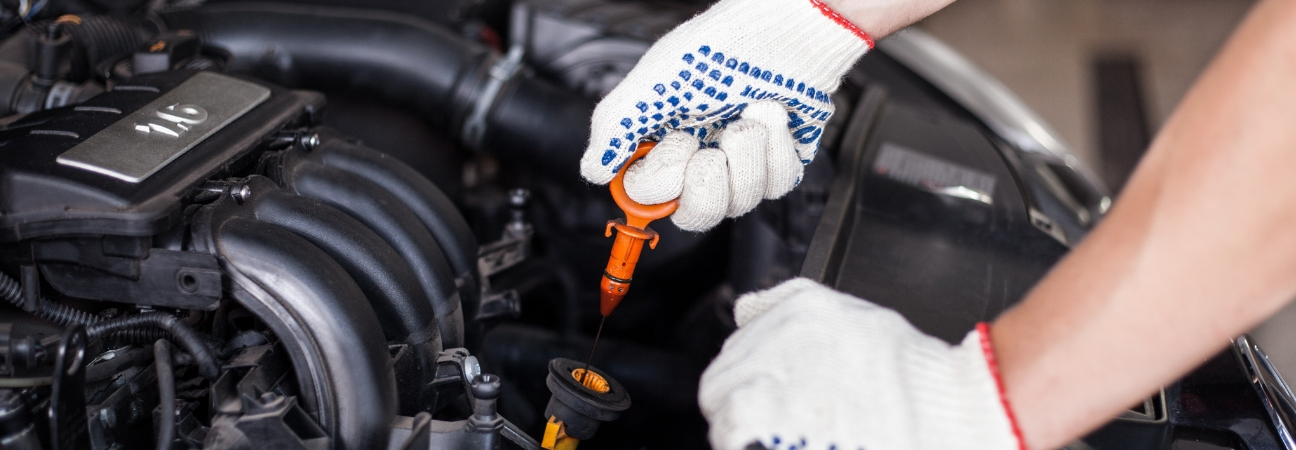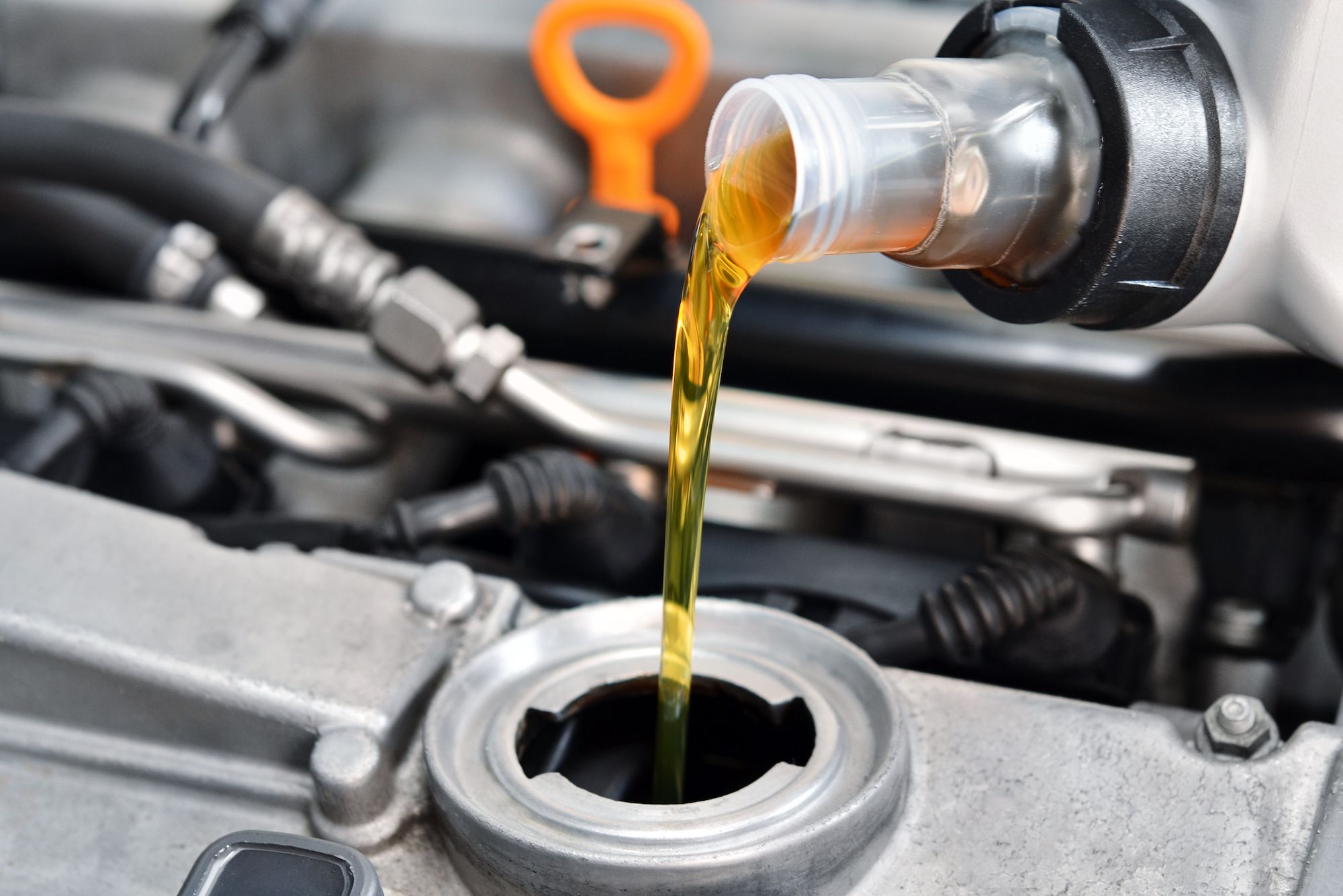All Categories
Featured

Recognizing the distinction in between regular upkeep and repair services is vital to ensuring your auto remains in top problem and operates successfully throughout its life. While both are important for vehicle upkeep, they offer various functions. Routine maintenance has to do with prevention and recurring care, while repairs are needed when something breaks or malfunctions. Right here's a review of what each involves and just how they vary.
Regular Upkeep: Preventing Future Problems. Regular upkeep includes the normal, scheduled solutions that maintain your vehicle in great working order and stop problems from establishing. These tasks are created to make sure that all parts of your car proceed to work as they must and help keep the lorry's dependability. Normal maintenance is generally laid out in your vehicle's owner handbook, defining when to perform certain jobs based on mileage or time periods.

Some examples of routine upkeep include:
Oil Modifications: Oil lubricates the engine, guaranteeing it runs smoothly and successfully. Normal oil modifications, generally every 3,000 to 5,000 miles, help avoid engine wear and maintain the lorry running efficiently. Tire Rotation and Harmonizing: Tire rotation assists level tire wear, while balancing guarantees smooth handling and improves tire long life. This need to be done every 6,000 to 8,000 miles. Brake Inspections: Your vehicle's braking system needs routine checks to make sure the pads are in great condition, the fluid levels are sufficient, and the rotors are functioning well. Liquid Checks: Watching on crucial liquids, including transmission fluid, coolant, brake liquid, and power guiding fluid, assists keep the engine and other systems running smoothly. Air Filter Substitute: The engine air filter keeps dirt and debris from going into the engine. Changing it routinely helps preserve engine performance and gas efficiency. These maintenance jobs are precautionary in nature, created to extend the life of your automobile and reduce the threat of breakdowns. By carrying out regular maintenance, you can catch little concerns prior to they rise into bigger, more expensive problems.
Repairs: Taking Care Of Troubles That Emerge. Repairs, on the various other hand, are necessary when a part of your automobile falls short or breaks down. Repairs are usually unplanned and are needed to recover the vehicle's performance and security. Unlike routine maintenance, which is focused on avoidance, repairs are responsive measures taken when something breakdowns or wears. While some repair work might be small, others could be a lot more complicated and pricey.

Examples of typical fixings include:
Transmission Issues: Issues such as slipping gears, difficulty moving, or strange noises might signify a breakdown in the transmission, requiring repairs or replacement. Engine Repairs: If the engine is misfiring, overheating, or showing other indications of difficulty, it may require a repair work or replacement of certain parts like the spark plugs, timing belt, or sensors. Brake Repair works: If your brakes are squeaking, making grinding noises, or stopping working to quit the automobile successfully, you may need to change brake rotors, calipers, or pads. Battery Replacement: If the cars and truck has difficulty starting or the battery warning light shows up, it might be time to replace the battery. Suspension and Steering Repairs: If you experience uneven tire wear, a rough trip, or problem steering, maybe an indication that the suspension system or guiding elements require repair service. Repairs are usually a lot more pricey than routine upkeep due to the fact that they entail taking care of issues that could influence the automobile's safety or performance. Depending upon the extent of the issue, repair work might call for specific parts and labor.
Trick Distinctions Between Routine Maintenance and Fixings. Function: Routine upkeep intends to make certain and stop problems that the vehicle runs successfully. Fixings are necessary to deal with issues that have already occurred. Frequency: Upkeep jobs are done on a normal schedule, while repair work are required when specific concerns occur unexpectedly. Cost: Routine maintenance is usually less costly, as it includes small checks, adjustments, and component substitutes. Fixings can be much more expensive due to labor and parts associated with dealing with broken elements. Timing: Maintenance is predictable and intended, whereas repairs take place when something goes wrong, commonly bring about even more urgent attention. The Relevance of Both Regular Maintenance and Repairs. While regular upkeep is necessary for decreasing the need for repair services, repair services are often unpreventable. Also the best-maintained lorries can experience wear and tear in time. It's vital to be proactive with upkeep and address repair services immediately to guarantee your vehicle remains trusted and safe to drive.
By staying on top of regular maintenance tasks, you can reduce the risk of needing pricey repair work. Resolving them early can aid prevent further damage and ensure that your cars and truck continues to perform at its best. when fixings are required.
Conclusion. In recap, regular repair and maintenance are both crucial components of car care. Routine maintenance assists avoid concerns and guarantees your cars and truck is running efficiently, while fixings are needed to fix issues that occur suddenly. By balancing routine upkeep with timely fixings, you can expand the life of your automobile and enjoy a much safer, much more reliable driving experience.
Latest Posts
Why Chicago Drivers Trust Montclare Auto Repair for Dependable Service and Significant Savings
Published en
1 min read
Explore Special Auto Repair Specials in Chicago at Montclare Auto Repair
Published en
1 min read
Explore the Leading Auto Repair Discounts in Montclare, Chicago
Published en
1 min read
More
Latest Posts
Why Chicago Drivers Trust Montclare Auto Repair for Dependable Service and Significant Savings
Published May 26, 25
1 min read
Explore Special Auto Repair Specials in Chicago at Montclare Auto Repair
Published May 25, 25
1 min read
Explore the Leading Auto Repair Discounts in Montclare, Chicago
Published May 24, 25
1 min read